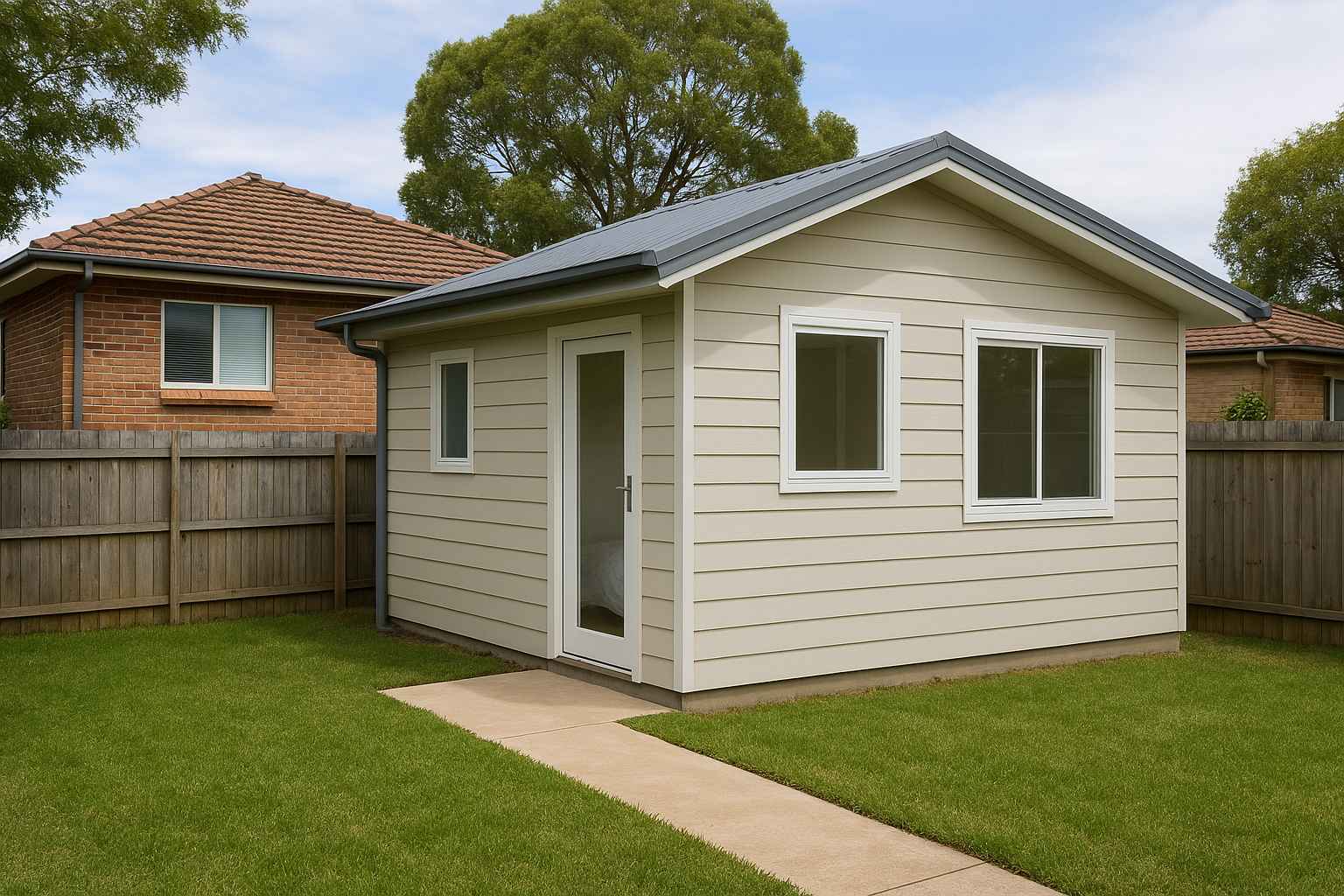
• Government will allow larger granny flats to be built without resource or building consents
• Rule change aims to reduce red tape, lower costs, and support multigenerational family living
• Reforms to land acquisition and building materials access also introduced to boost housing supply
The Government is making it easier for New Zealanders to build granny flats by increasing the size limit for units that don’t need a building or resource consent. Instead of the previously proposed 60 square metres, the new maximum will be 70 square metres.
Ministers Chris Bishop, Shane Jones and Chris Penk say this change is part of a broader plan to tackle red tape, reduce building costs and support families needing flexible housing options.
Chris Bishop explained that under the current rules, building a simple standalone dwelling often requires both a building consent and a resource consent, which can be “complicated, time-consuming, and costly”.
“Last year the Government consulted on allowing granny flats of up to 60 sq m to be built without building or resource consents. The proposal received huge support, and as a result the Government has agreed to go even further by increasing the maximum size to 70 sq m,” Mr Bishop said.
The change is expected to particularly benefit grandparents, disabled family members, young adults and rural workers by giving them more housing options without the high costs of traditional home builds.
A new National Environmental Standard (NES) under the Resource Management Act will be introduced by the end of this year to enforce the rule, alongside changes to the Building Act. All councils will be required to permit granny flats on sites zoned rural or residential without needing a resource consent.
Shane Jones added, “In the Far North I saw how extended family often live together at the same property. Changing the rules to make it easier to build more family accommodation allows generational living at an affordable price.”
The exemption from needing a building consent will apply if three conditions are met: the design is simple and complies with the Building Code, the work is done by authorised professionals, and councils are notified before and after construction.
Infrastructure charges will still apply, but through a simplified Project Information Memorandum process.
The Government also announced broader housing reforms this week. These include changes to the Public Works Act to make land acquisition for public projects quicker and fairer. Property owners who sell land early will be offered incentive payments of up to $100,000.
Stronger rules are also being introduced to tackle poor building practices, including better complaint handling and new licences for bathroom waterproofing.
New legislation will allow easier access to overseas building products, with up to 250,000 more items expected on the market this year.
“This week’s announcements are just the start. There’s more to come as we get on with fixing the consenting system and making it easier to put a roof over every Kiwi’s head,” Mr Penk said.

